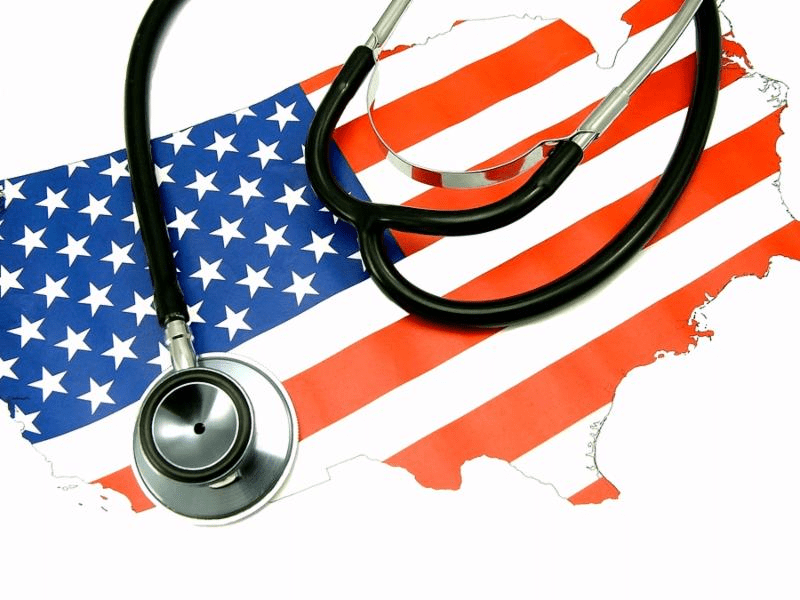CCLP's Emeritus Advisor, Chaer Robert, provided written testimony in support of the CDHS rule on the COLA increase for TANF recipients. If the rule is adopted, the cost of living increase would go into effect on July 1, 2024.
Recent articles
CCLP testifies in support of updating protections for mobile home park residents
Charles Brennan provided testimony in support of House Bill 24-1294, Mobile Homes in Mobile Home Parks. CCLP is in support of HB24-1294.
CCLP’s legislative watch for April 5, 2024
For the 2024 legislative session, CCLP is keeping its eye on bills focused on expanding access to justice, removing administrative burden, preserving affordable communities, advocating for progressive tax and wage policies, and reducing health care costs.
CCLP testifies in support of Child Care Tax Credit changes
Chaer Robert provided testimony in support of House Bill 24-1134, Adjustments to Tax Expenditures to Reduce Burden. CCLP is in support of HB24-1134.
We Did It Together!

Last night, after the failed vote on a last-ditch effort by Senate Republicans to repeal portions of the Affordable Care Act (ACA), Senate Majority Leader Mitch McConnell finally admitted defeat. The ACA lives on and millions of people across this country and hundreds of thousands of Coloradans have the peace of mind of knowing that their health care is not going away anytime soon.
The last few days have been a blur – the proceedings have been hard to follow for advocates, citizens and lawmakers. Last night’s “skinny repeal” bill was made public only two hours before the vote. And in the end, it seemed those who voted for skinny repeal needed assurances that the bill was only a vehicle to get to a conference committee started.
To put these past few months in perspective: Not one of the repeal or repeal-and-replace proposals put forward would have increased access to health insurance. Projections were that millions would have lost health insurance coverage and the cost of insurance would have skyrocketed. Under last night’s skinny repeal bill, 16 million Americans would have lost coverage and insurance premiums would have gone up by 20 percent each year between 2018 and 2026.
What have learned from this experience?
First: We can’t take away health care from millions of Americans. The ACA’s promise of guaranteed access to health insurance is here to stay.
Second: Policymakers should not try to fund tax cuts for the wealthy on the backs of Medicaid recipients. We care about our most vulnerable citizens; they will fight for themselves and we will fight for them.
Third: Democracy works! The enormous groundswell of opposition to the draconian and cynical proposals before Congress offended us and offended our sense of who we are as a nation. Time after time we saw signs that said “we are better than this.” We proved that, indeed, we are.
What’s next? We know that the threats to Medicaid and to private health insurance are not over. President Trump seems to want the insurance market to fail. Proposed federal budgets threaten Medicaid and other public benefits programs.
We have a lot of work to do. We’ll start the conversation about what that looks like on Monday. For now, it’s important to celebrate, to take a minute to reflect on what we have accomplished together. From the disability community and especially ADAPT who put themselves on the line and in jail in defense of us all; to the thousands in Colorado that organized, marched, called, wrote, texted, and tweeted; to our Governor and other Governors who stood with us and to our Sen. Michael Bennet and all the Senators who voted no last night.
We did it!
– Elisabeth Arenales





